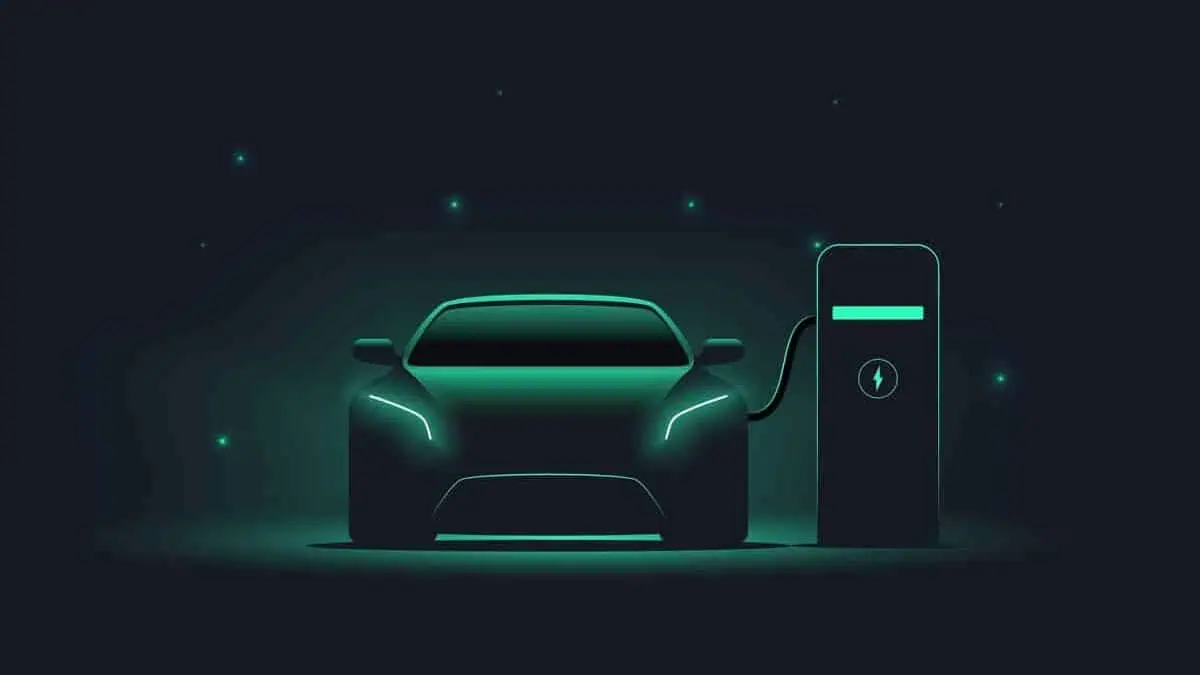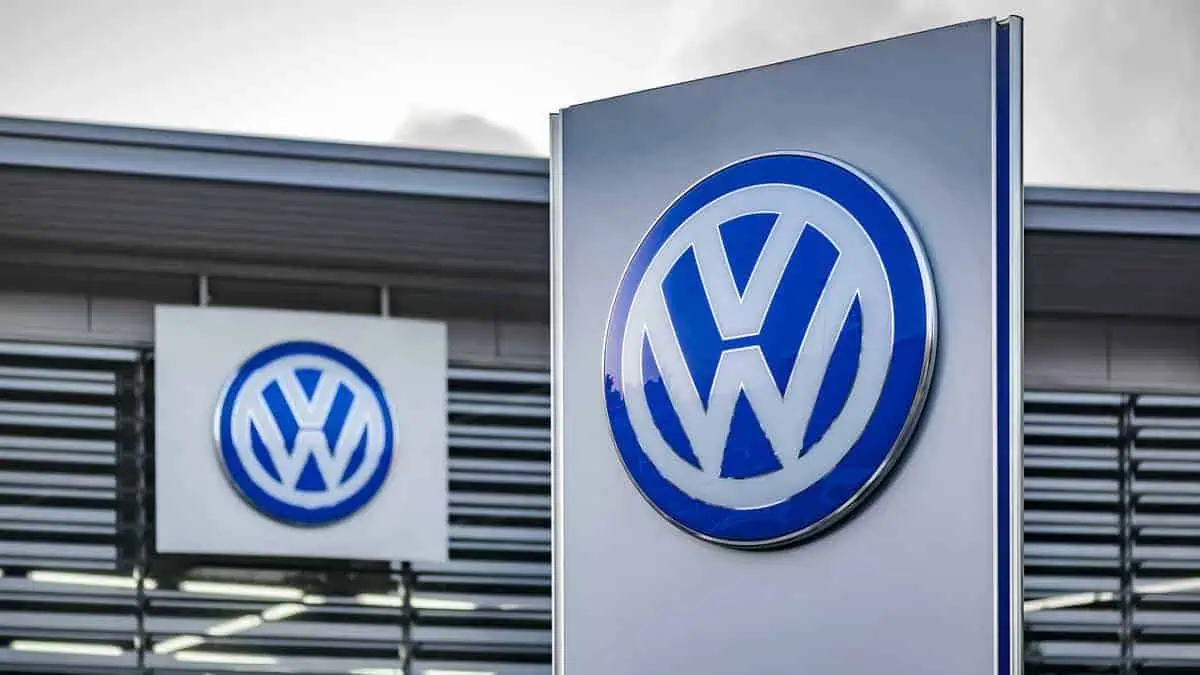Global automakers announced an investment of at least $90 billion in electric vehicles and power batteries in 2018 to kick off their electrification efforts, according to Reuters.
EV investments
Global investments in electric vehicles announced as of 2018 consisted of the following:
- at least $19 billion from automakers in the United States
- $21 billion from Chinese players
- $52 billion from German companies
American legacy brand Ford was among the automakers that bet on electric vehicles with up to $11 billion in initial investment.
“We’re all in. The only question is, will the customers be there with us?”
Ford Motor Executive Chairman Bill Ford Jr said at the North American International Auto Show in Detroit on Sunday
However, American and German automotive executives stated on the sidelines of the 2018 Detroit auto show that most of those investments were meant for China. It is unsurprising, given that the Chinese government imposed increasing EV quotas starting in 2019.
For instance, most of General Motors’ EV investments went to China, where its Cadillac brand helped intensify its electrification push beyond North America. Cadillac President Johan de Nysschen said at the time that the brand will “play a central role” in GM’s EV plans in the Chinese market. In fact, it even considered producing some of the planned models locally.
Chinese players, including local Ford, Volkswagen, and GM partners, also announced major investments in EVs as early as 2018.
Notably, Germany’s Volkswagen AG declared the most significant single investment of up to $40 billion by 2030. It aims to launch electrified versions of its 300-plus offerings across the world.
Intensifying competition
Mainstream automakers also responded to the market shift partly due to pressure from European and Californian regulators and Tesla’s dominance, prompting them to cut carbon emissions from fossil fuels.
The largest US auto retailing chain’s Chief Executive even projected then that electric vehicles would account for 15 to 20% of new car sales in the country by 2030. According to CarEdge, BEVs had a 7.3% market share in Q1 2024.
“Tesla faces real competition.”
Mike Jackson, AutoNation Inc CEO
Daimler AG Chief Executive Dieter Zetsche also told the media that while the Musk-led automaker was leading the market as of 2018, “soon it will be everybody and his brother.” This projection came true, with China’s BYD beating the Musk-led automaker in Q4 2023.
Daimler previously announced plans to invest at least $11.7 billion to launch 10 all-electric and 40 hybrid vehicles and electrify its entire vehicle portfolio.
“We will see whether demand will drive our (electric vehicle) sales or whether we will all be trying to catch the last customer out there. Ultimately, the customer will decide.”
Daimler AG Chief Executive Dieter Zetsche
At the time, Japanese legacy automaker Nissan only had one BEV offering, the 7-year-old Leaf. The arrival of new models undoubtedly intensified the competition, which could further pressure pricing.
“Everybody will find out that if you push you will have a lot of bad news on residual values.”
Nissan Chief Performance Officer Jose Munoz
Reluctance
Despite the intensified efforts of global automakers in electrification in 2018, other players remained reluctant to go all-in on EVs.
Fiat Chrysler Automobiles NV Chief Executive Sergio Marchionne told the media during the Detroit auto show in 2018 that the automaker is not under pressure to announce a certain number of new electric vehicle models. However, it is only currently working to fulfill emissions requirements.
“We do not have a gun to our head.”
Fiat Chrysler Automobiles NV CEO Sergio Marchionne
Marchionne further asserted that EVs will presumably become compulsory in Europe because of emissions rules. This projection turned out to be true in the present.
Electric vehicles have undoubtedly advanced owing to the global automakers’ staggering $90 billion investment in the industry. This surge is driven by a wide range of factors, including stricter regulations, competition from Tesla, and a growing consumer appetite for eco-friendly cars. All that said, automakers and governments worldwide must continue collaborating to further promote the shift to clean energy vehicles.






